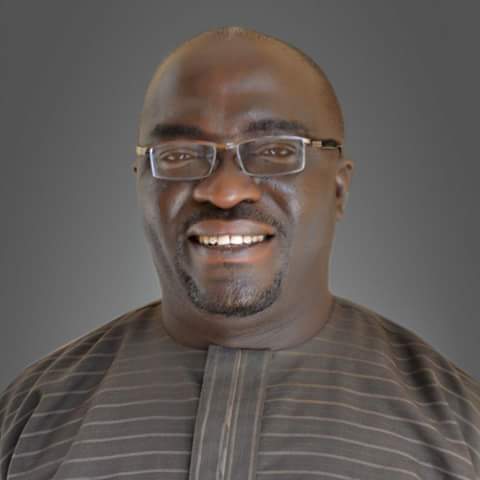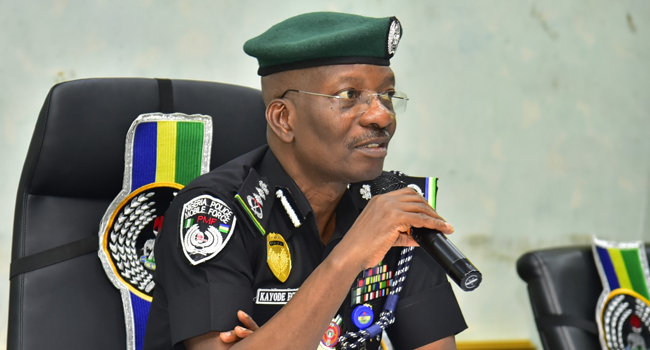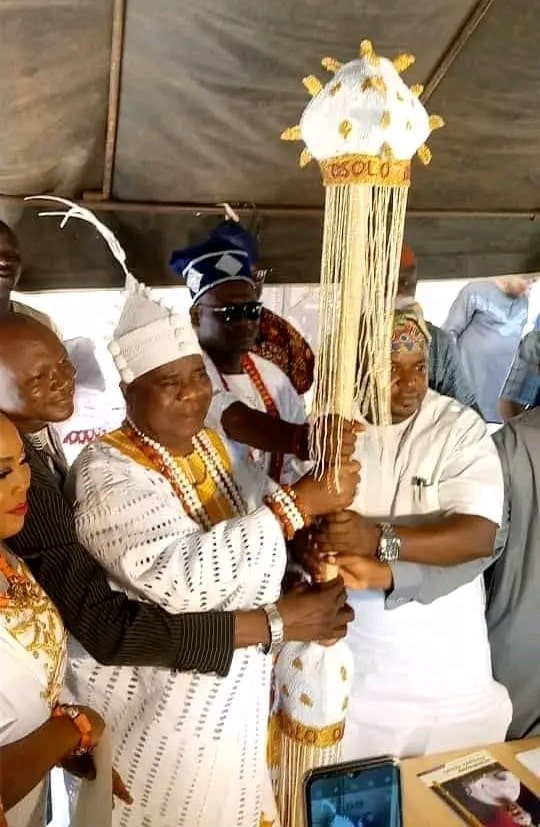THE DEBATE ON ELECTRONIC TRANSMISSION OF RESULT: A LAYMAN’s PERSPECTIVE

By DR UCHE DIALA
Nigeria needs the full complement of electronic voting system. If we can put our partisanship aside and work together patriotically to ensure that by the general elections of 2027, that has been established, test run and ready to go, we would have achieved something._

I have tried to stay away from this debate because of the heavy partisan emotions attached to it but if we can ignore the politics, politicians and Senators for a moment and have an objective and practical discussion, I am open to learning.
First, Electronic voting is different from Electronic transmission of results.
If I understand what we are talking about; Electronic Transmission of Results is voting on a voting machine and your votes are automatically transmitted to a dedicated server somewhere else and tabulated. Alternatively, it might mean; after voting manually, the figures are manually fed into a system by a human being and then uploaded (transmitted) onto a server electronically. Someone please correct me if I’m wrong.
There is no doubt that this is a very fantastic idea and where we ought to be as nation but how realistic and practicable is it as at today in Nigeria? With a poor and undeveloped IT infrastructure, transmission of results electronically is not a mean undertaking. Make no mistake, we ought to have been there and we can blame anyone we like for that but are we there yet?
This undertaking requires real-time, strong and reliable Internet data service. If we remember and consider that the Polling Units have been already delineated with fixed physical locations that should not be moved during elections, what about those PUs that have zero internet or data networks? And there are so many of such across the nation. What happens there?
Even the Card Readers we have used for a couple of election cycles now hardly function to capacity and intent except to read the voter’s card to determine whether the card is genuine or not. Often times, the finger print identification does not work.
It think it is important for us to cut through the chase, the politics and the emotions. Professor Athahiru Jega, former Chairman of the Independent National Electoral Commission (INEC) while appearing on Channels Television on 4th July 2021 lamented the decision of the 9th Assembly to allow INEC to use electronic voting without the electronic transmission of results, describing it as counterproductive by saying: “You can’t permit INEC on one hand to use electronic voting and not use electronic transmission of results because usually, they go as a package.”
He added: “Once there is a robust software and hardware for doing so, it now brings efficiency, transparency and real time ability to see the result as they are transmitted from the polling unit to a National Collation Centre.”
However the Professor when asked in the same interview, whether Nigeria is ready for a fully digitized electoral system replied saying: “I will urge that we make haste slowly. There is no doubt that if electronic voting is done appropriately, it will go a long way in improving the integrity of our elections.”
“There are so many challenges in our country. For one to be able to do effective, thorough electronic voting, you need the infrastructure, software and associated support infrastructure. For example, stability of electricity, extensive network coverage and robust internet facilities.”
Can we read in between the lines there?
While electronic transmission of results is desirable and it must be our ultimate destination whether the politicians like it or not, deploying it now, under our present realities, in my objective view is fraught with dangers from danger of hacking to all other kinds of risks that could worsen the problem we are trying to solve.
So long as there are fraudulent electoral officials at every level of the electoral process and unscrupulous politicians, any process that is not fool proof, hack proof and totally secure or that leaves any loopholes at all will be manipulated.
Of course, the manual process we operate currently is open to manipulation and being manipulated no doubt but a fully automated process under the current realities could leave us exposed to large scale and wholesale problems including easier stealing of results and rigging.
In my considered opinion, embarking on Electronic Transmission of results in the coming general election which is just about 18 months away could create more crises than we want to solve and no one can really say who will be the bigger victim. Except of course, INEC comes out to say it can but we all know that it is beyond INEC.
In my humble view, I would have said let us walk before we run. If we are really serious and sincere about this; with the awareness created over this, we could give an ultimatum to INEC with a deadline of say 4 years from now.
Within those 4 years, since they know their PUs and other centres they use for elections, they should work in alliance with the NCC to deploy necessary IT infrastructure, including independent INEC owned Broad band equipment with provision for independent power supply, including solar and build a secure Server with appropriate firewalls and security to prevent hacking.
If they need to move some PUs to more secure locations within the vicinity to secure those hardware, equipment and infrastructure, so be it.
Once that is done and a Bill is presented, I doubt any Senator would dare oppose it. For me, it is not just important to do something; it is even more important to do it right.
Leaving it to the NCC, aside from its potential illegality, I cannot imagine when the network coverage will penetrate all nooks and crannies of Nigeria. By the way, having network for cellular calls is different from having network for data voice or video calls and transmitting data. In so many areas all across Nigeria, you can have service for cellular calls but there is no data service. Not even Edge.
Meanwhile service provision and network expansion is not done by the NCC. It is done by Telecommunication companies which are private entities whose major consideration is business and profit.
Sadly we do not do what we need to do, when we need to; from top to bottom but we shout to high heavens and get emotional when the needful is not done. We wait and when elections are approaching, we start shouting and running helter-skelter, like we didn’t know about it all along. That is not good enough.
Nigeria needs the full complement of electronic voting system; from accreditation to vote casting to result transmission to final tabulation. If we can put our partisanship aside and work together patriotically to ensure that by the general elections of 2027, that has been established, test run and ready to go, we would have achieved something.
@Uche Diala









